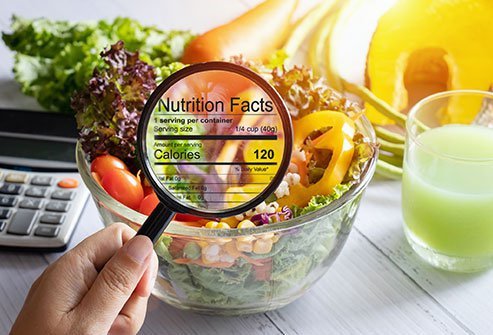
The human body is an intricate system that relies on a balance of nutrients and elements to function optimally, and one of the most essential components of this system is water. Comprising about 60% of the adult human body, water is vital for various physiological processes and biochemical reactions.
Firstly, water is a key component of blood, which carries oxygen and essential nutrients to cells throughout the body. Without adequate hydration, blood volume can drop, leading to decreased oxygen delivery, which can impair the functioning of organs and systems.
Moreover, water is crucial for the body’s thermoregulatory processes. It helps maintain body temperature through sweating and respiration. When dehydrated, the body’s ability to regulate temperature diminishes, which can lead to heat-related illnesses such as heat exhaustion or heat stroke.
Water also plays a pivotal role in the digestive system. It aids in the breakdown of food, allowing for proper digestion and nutrient absorption. Additionally, water is essential for bowel health, as it helps prevent constipation by softening stools and supporting regular bowel movements.
Kidney function is another area where water is indispensable. The kidneys regulate fluid balance and filter waste from the blood. Adequate water intake is essential for these processes and helps prevent kidney stones and urinary tract infections.
Furthermore, water acts as a lubricant for joints and tissues, facilitating movement and reducing the risk of injuries. It also serves as a shock absorber for the brain and spinal cord, providing an additional layer of protection for these vital structures.
Cognitive function and mood can also be influenced by hydration levels. Even mild dehydration can impair concentration, memory, and mood, leading to decreased cognitive performance and an increased perception of task difficulty.
The amount of water required can vary based on factors such as age, weight, climate, and physical activity levels. However, a general recommendation is to drink at least eight 8-ounce glasses, which is roughly 2 liters, or half a gallon a day. This is known as the 8×8 rule and is easy to remember.
In conclusion, maintaining adequate hydration is not just about quenching thirst; it’s about sustaining the body’s complex systems and ensuring optimal health and performance. Water is not merely a part of the body; it is the medium through which the symphony of life processes plays out.
